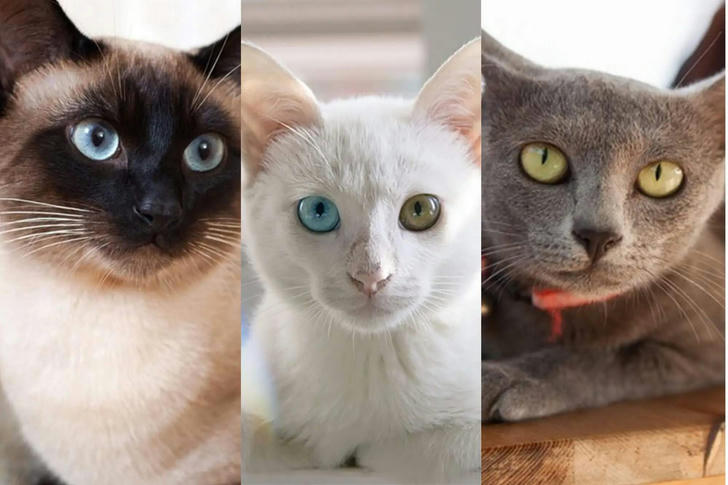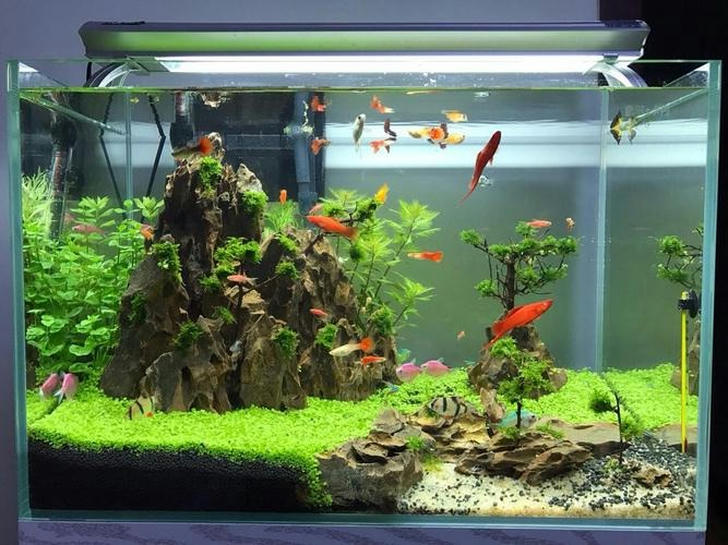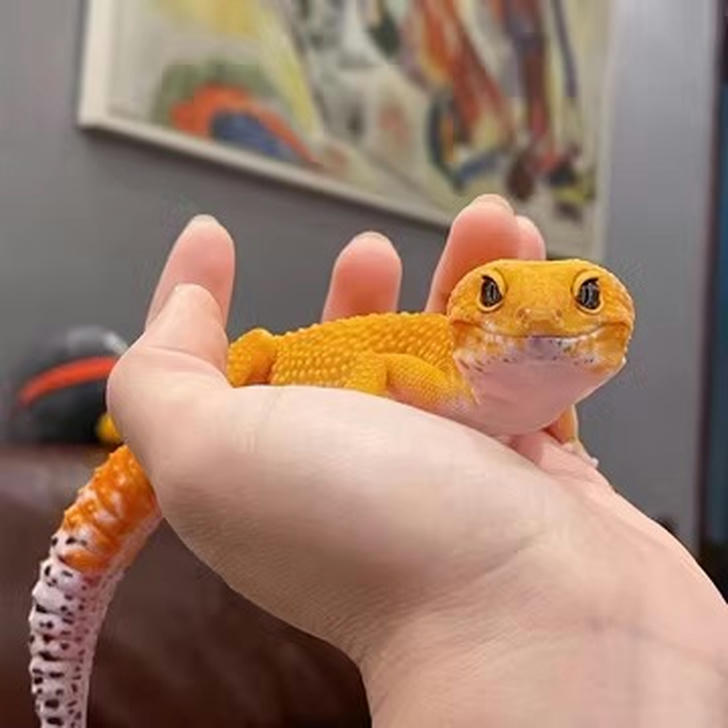Pet Species Suitable for Small Apartments
Small apartments typically have limited space, making them ideal for choosing pets that are smaller in size or have lower activity space requirements. Cleaning and maintenance are relatively easy, and pets have a smaller activity range, reducing the burden of cleanup and management. The compact environment encourages more frequent interactions between owners and pets, enhancing emotional bonds and fostering closer relationships. In a small apartment, the presence of pets can make family life warmer and more enjoyable. In summary, keeping pets in small apartments not only allows for the joy and companionship that pets bring but also effectively utilizes space and resources, improving overall quality of life.
1.Cats

High Independence and Adaptability
Recommended Cat Breeds for Small Spaces: British Shorthair, Ragdoll, American Shorthair
These cat breeds are known for their gentle temperaments, strong adaptability, and friendly nature. They are playful and enjoy interacting with people, with a moderate size that suits small living environments. Their adaptability to various surroundings means they do not require excessive exercise, making them easy to accommodate in different living situations.
Small Dogs

Many small dog breeds are friendly, eager to interact with people, and often quite intelligent, allowing them to quickly learn new commands and tricks. Some small dogs are very loyal to their owners and have a protective instinct, making them suitable companions for families.
Recommended Small Dog Breeds for Small Apartments: French Bulldog, Corgi, Pomeranian, Dachshund
These dogs are small and adorable, with lively, friendly, and loyal personalities. They are smart and easy to train, easily forming good relationships with people, and are well-suited for living in compact spaces.
Small Mammals

Hamsters, guinea pigs, and rabbits are small, lively animals with gentle temperaments that enjoy social interaction, making them suitable for engagement with humans. They are easy to care for and ideal for first-time pet owners.
Care Requirements: Maintenance is straightforward, and they occupy minimal space.Their dietary needs are simple, typically consisting of dry food, vegetables, and a small amount of fruit.It's essential to provide toys and exercise wheels to encourage activity and prevent obesity.
Fish

Choosing and Maintaining an Aquarium:A glass aquarium is commonly used as it is durable and offers clear visibility.Maintain water quality by selecting a filter appropriate for the tank size.Use a heater for tropical fish to ensure stable water temperature.Provide suitable lighting to promote plant growth.Change 10-20% of the water weekly to keep it clean and remove harmful substances.Regularly test water parameters such as pH, ammonia, nitrates, and nitrites to ensure they are suitable for the fish.Clean the aquarium walls and decorations regularly to prevent algae and dirt buildup.Offer appropriate fish food according to the species’ needs and avoid overfeeding to prevent water quality deterioration.
Recommended Fish: Guppies, neon tetras, clownfish, goldfish, and bettas are colorful, small-sized fish with gentle temperaments, suitable for small aquariums.
Reptiles

Reptiles Suitable for Small Spaces: Geckos, lizards, turtles, and chameleons are small, gentle creatures that are easy to care for, making them ideal for families with limited space.
Care Requirements and Environmental Setup: Most small reptiles require specific temperature ranges, which can be maintained using heating pads or lamps.Some species, like the anole, need higher humidity, which can be achieved through misting or using a humidifier.Provide suitable food such as insects, fruits, vegetables, or specialized feeds, ensuring freshness and variety.Choose an appropriately sized habitat or enclosure that allows enough space for the reptiles to move.Include branches, rocks, and plants to simulate their natural environment for climbing and hiding.Provide a clean water source; some species need a water dish for drinking and soaking.Create a temperature gradient within the habitat, with one side being a warm zone and the other a cool zone, allowing reptiles to regulate their body temperature.
Factors to Consider When Choosing a Pet
Family Members' Needs and Allergies: Children may require pets that are easier to care for, while adults can consider pets with higher demands.Ensure that family members do not have allergic reactions to specific pets.
Time Commitment and Care Capacity: Assess how much time you can dedicate each day to caring for a pet, including feeding, cleaning, and companionship.Different pets have varying activity needs, so make sure you have enough time to exercise your pet.
Financial Budget: Consider the costs of purchasing or adopting a pet, as well as necessary supplies (e.g., cages, toys).Ensure you can afford daily food, medical care, hygiene, and other related expenses.
Creating a Safe and Comfortable Pet Environment in a Small Apartment
Provide Activity Space and Toys: Designate an area where pets can play and exercise safely, and provide engaging toys to keep them entertained.
Regular Cleaning and Hygiene Management: Maintain cleanliness in your living space to ensure a healthy environment for both pets and family members.
Safety Measures: Avoid having harmful plants and objects within reach of pets to prevent accidents.
Choosing a pet suitable for a small apartment can bring joy and companionship. When selecting a pet, it’s essential to consider multiple factors to ensure a harmonious fit with your lifestyle.
